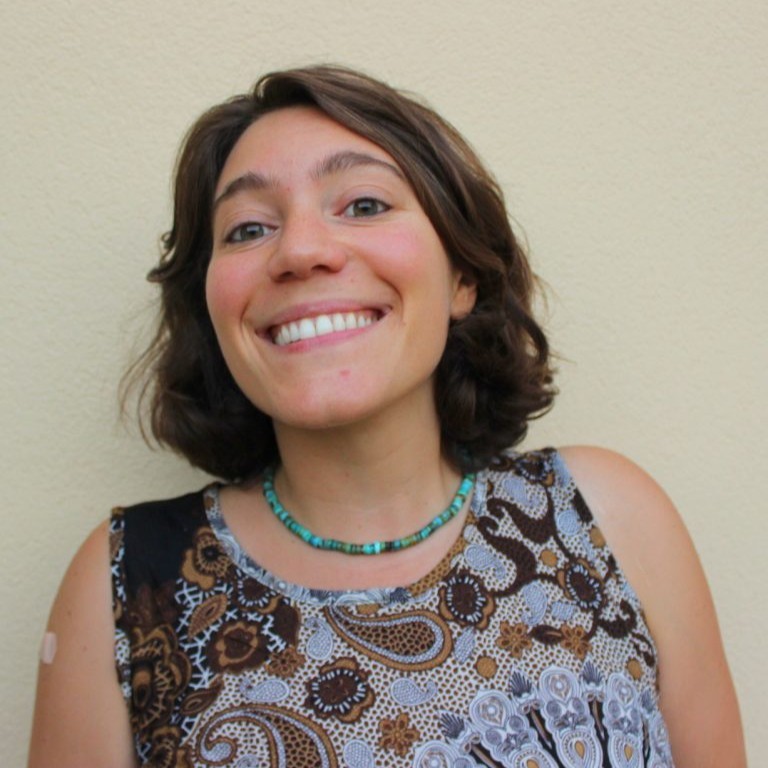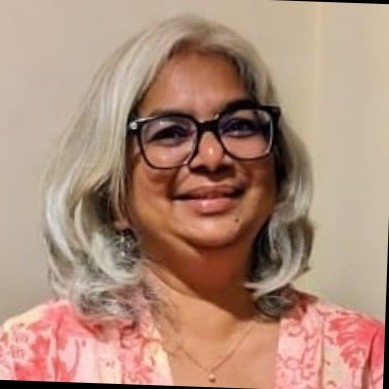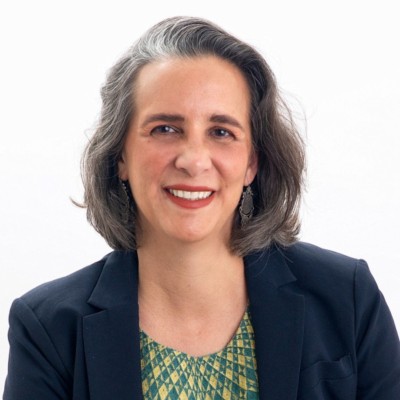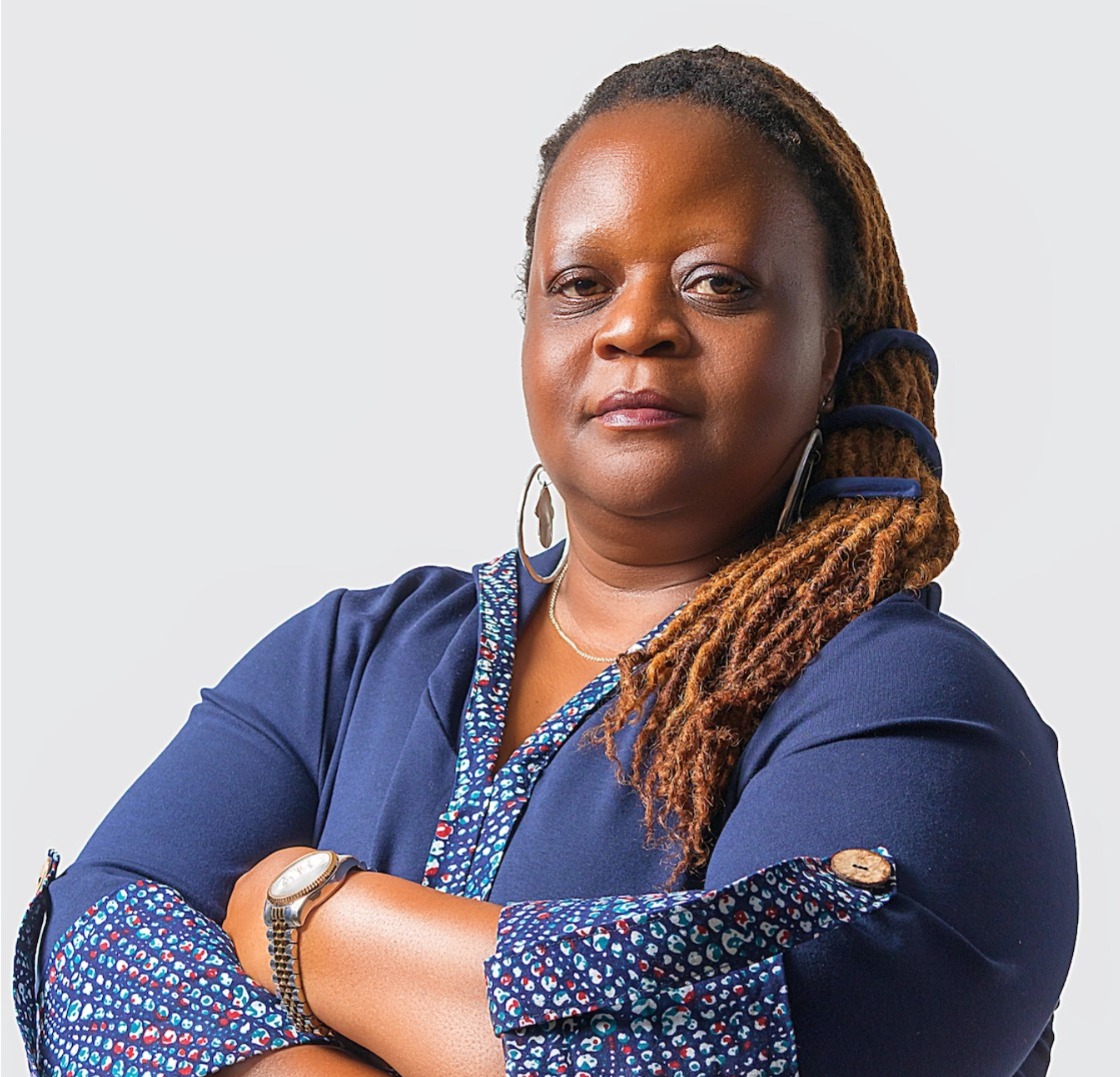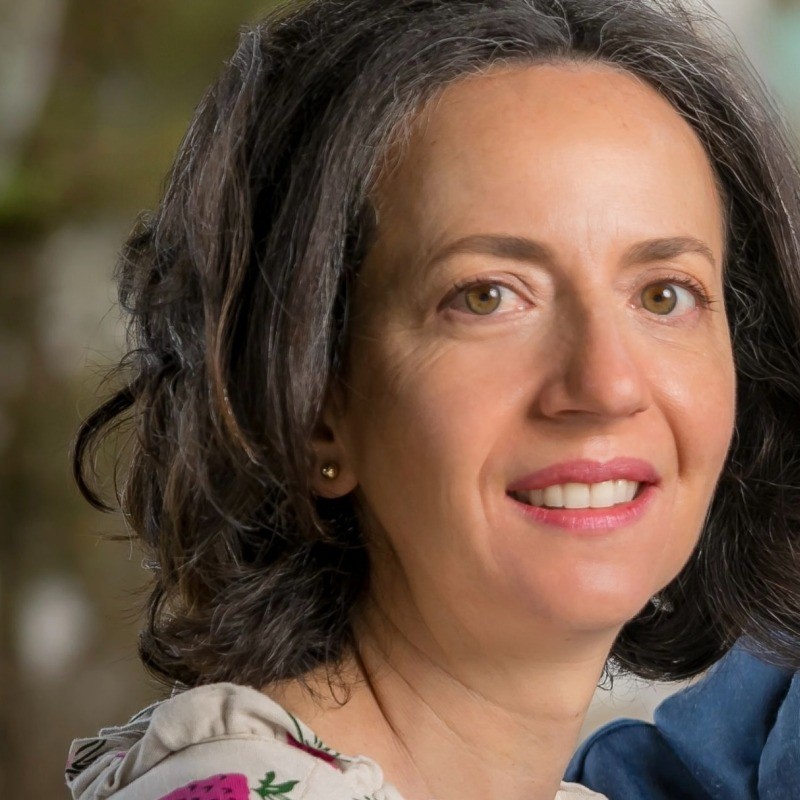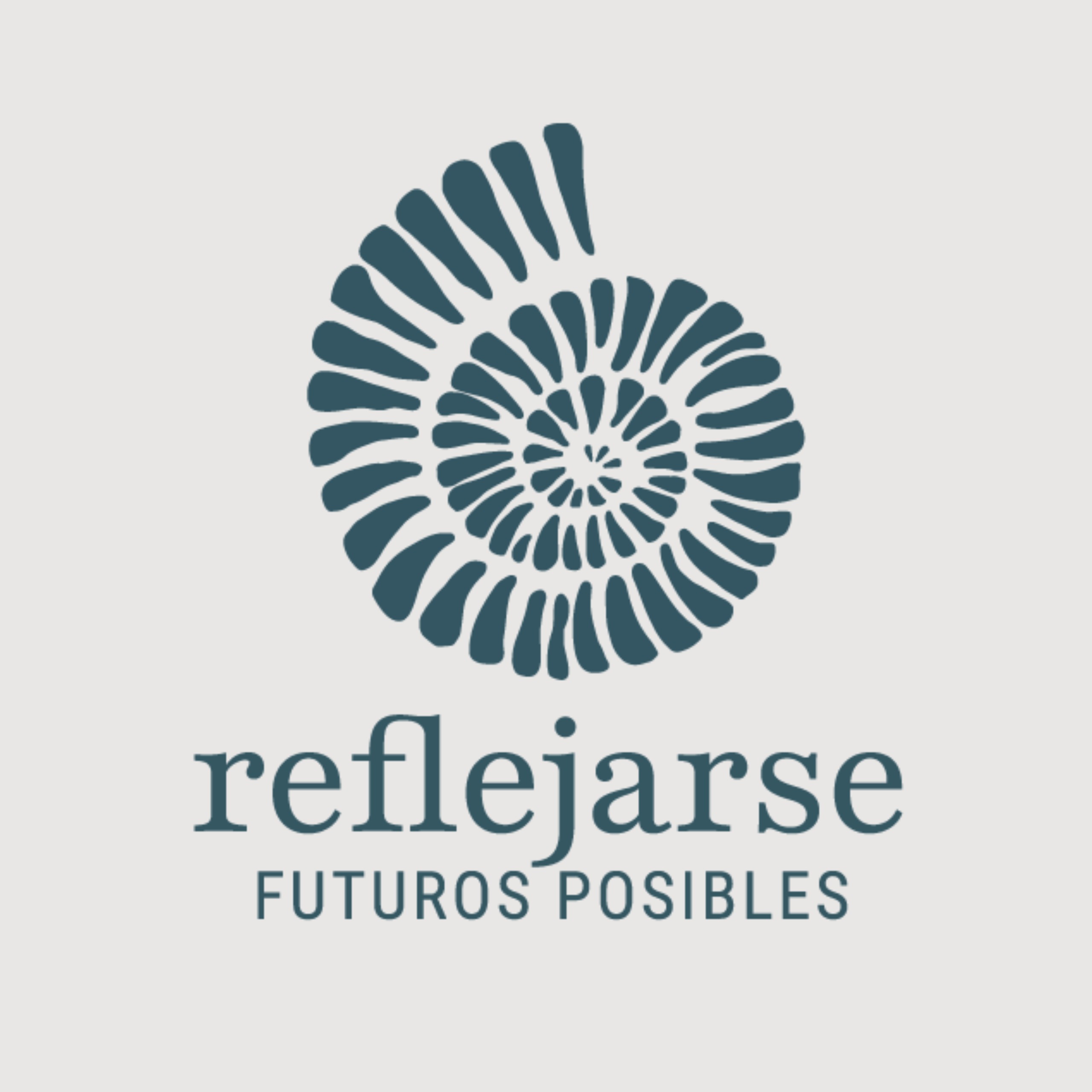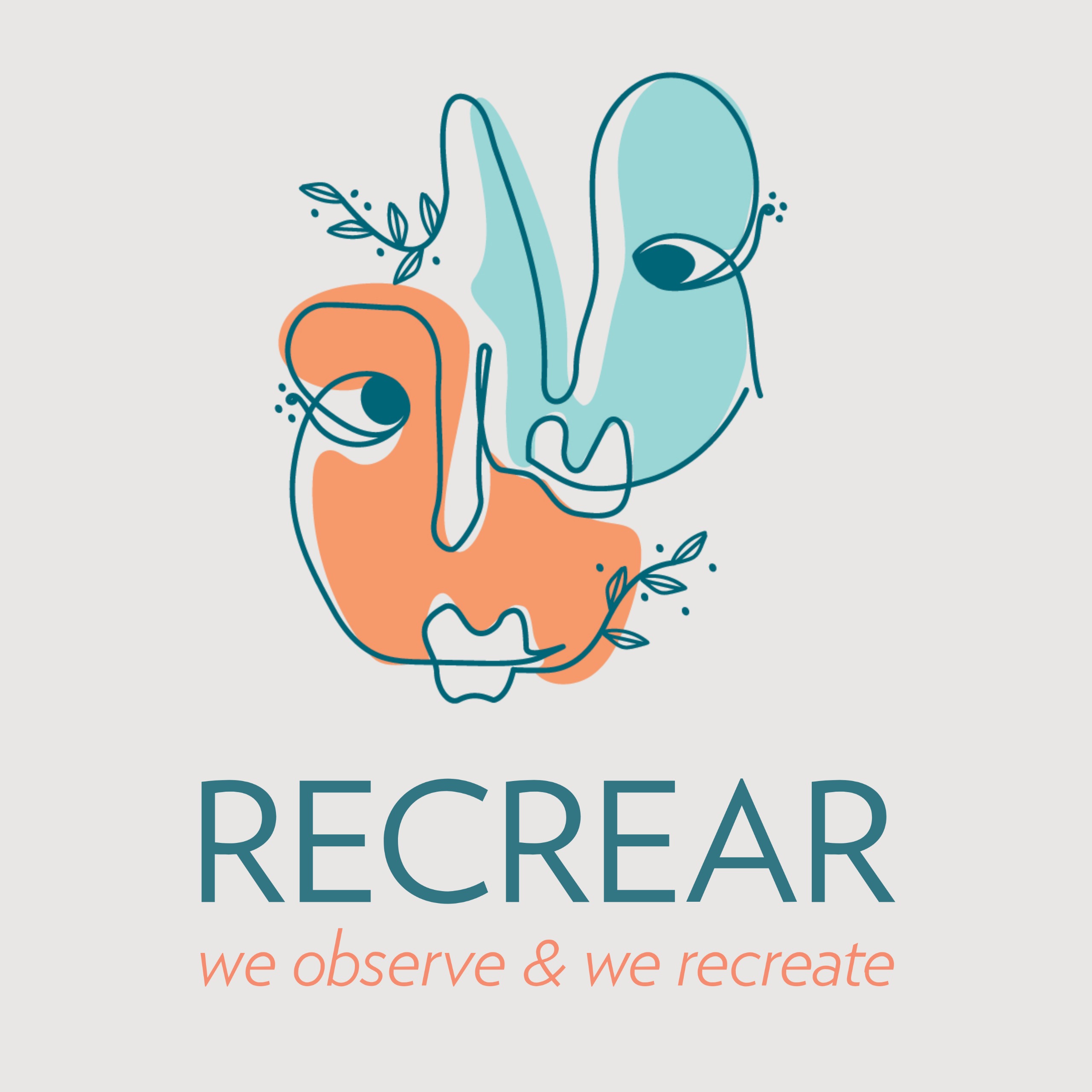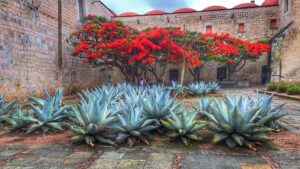
About Us
Philanthropy Dialogues is a platform formed and led by women practitioners from Africa, Asia, and Latin America. We came together to explore, learn, and experiment with new ways of working in philanthropy.
Our work focuses on strategic giving that is guided by people and communities. We want to build trust and shift power toward a more balanced, trustful and resilient philanthropic ecosystem.
Transforming Philanthropy in The Global South
Empowering Local Communities Through Strategic Giving
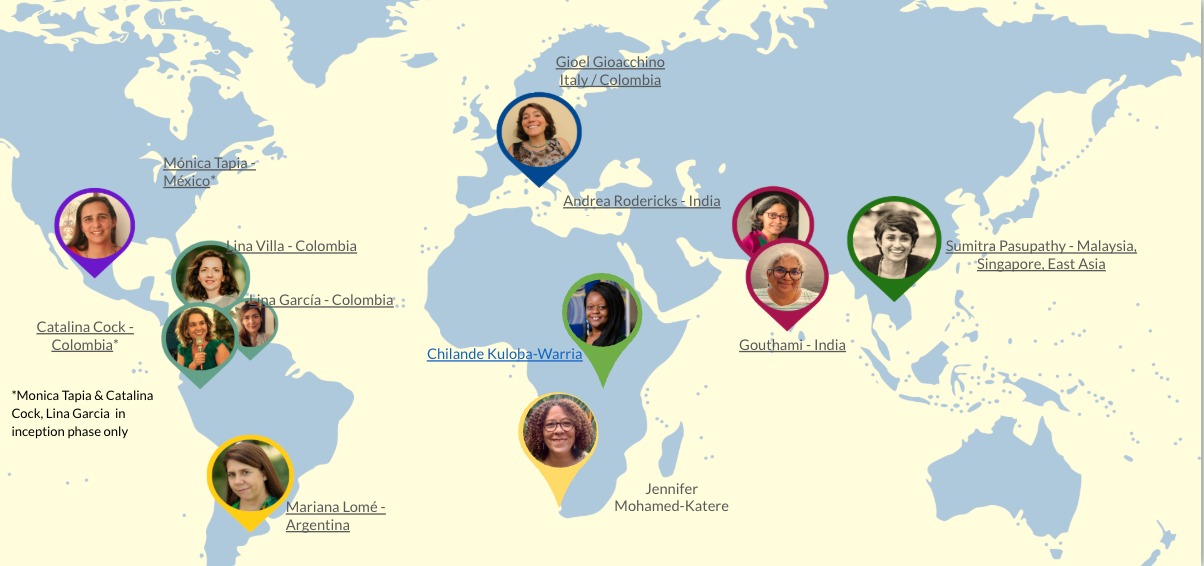

About The Study
The philanthropic landscapes in Africa, Asia, the Caribbean and Latin America are rich and diverse, characterized by a deep cultural awareness and respect for local knowledge. We came together in 2023 as two teams to conduct two studies to examine the evolving landscape of philanthropy in the Global South. The reports given here delve into the emerging trends and transformative practices shaping the philanthropic sector.
ASIA-LATAM STUDY
Part 1
Philanthropy Dialogues is a platform formed and led by women practitioners from Africa, Asia, and Latin America. We came together to explore, learn, and experiment with new ways of working in philanthropy.
Our work focuses on strategic giving that is guided by people and communities. We want to build trust and shift power toward a more balanced, trustful and resilient philanthropic ecosystem.
Part II
The philanthropic landscapes in Africa, Asia, the Caribbean and Latin America are rich and diverse, characterized by a deep cultural awareness and respect for local knowledge. We came together in 2023 as two teams to conduct two studies to examine the evolving landscape of philanthropy in the Global South. Funded by Oak Foundation, the studies aimed to understand the dynamics, cultures, and attitudes within the philanthropic sector. The reports given here delve into the emerging trends and transformative practices shaping the philanthropic sector.
Part III
Through over 150 interviews, two Learning Series and reviews of existing research material, the studies identify potential intermediaries capable of distributing funds to grassroots organizations with agility and cultural sensitivity.
Key findings highlight the importance of local knowledge and community-centric approaches.
Part IV
Demonstrated Cases of Partners, Intermediaries, Networks and Organisations & Findings from Piloting a Self-Assessment Tool
AFRICA STUDY
Part V
Africa study executive report: Proposals to strengthen localisation, identify intermediaries and transform funding systems
Part VI
Assessing the philanthropic landscape in Africa to strengthen localisation, identify intermediaries and transform grantmaking
MaJor Findings

Regulatory Contrains

Need for Structural Change Within Philanthropy

Trust and Relationship Building Are Key

Evolving Role of Intermediaries And Re-granters

Ample Opportunities for Philanthropic Support

The Ecosystem is Diverse And Strategic
Promising Practices and Examples
Learning Series
Potential Intermediaries
Interviews With Community Leaders And Other Relevant Actors
Experienced Consultants Across Regions
Recruitment And Training
Intermediaries should hire diverse, social justice-oriented local leaders to enhance strategic decision-making and legitimacy. Examples include Fondo Semillas and Global Greengrants.
Navigating Legal and Fiscal Barriers
Intermediaries must understand and work within legal frameworks to support community groups. Hispanics in Philanthropy exemplifies this with its trust-based due diligence system.
Innovative Granting Procedures
Effective intermediaries use public calls, participatory grant making, and context-based due diligence. Semillas and Resolve in Hong Kong are leading examples of these practices.
Support and Connection
Intermediaries should invest in relationship-building, capacity strengthening, and collective problem-solving. Examples include the National Foundation for India and the Samdhana Institute
Attracting New Donors
Ensuring sustainability by expanding donor networks, conducting impact assessments, and demonstrating transparency. Yayasan Kurawal and ARROW are notable for these strategies.
Incubating New Intermediaries
Supporting the creation and growth of new intermediaries in various regions and themes, leveraging existing successful models like Women Win and the Keystone Foundation.
Philanthropic Ecosystems
The philanthropic landscapes in Latin America/Caribbean and Asia are rich and diverse, characterized by a deep cultural awareness and respect for local knowledge. Our study delves into these ecosystems, highlighting the unique approaches and strategies employed by local actors to address community needs.

Engage With The Study
Interested in getting more involved with a community of practice to develop capacities and exchange knowledge on how to shift power and keep the dialogue going in the philanthropy ecosystem? Leave your email below and we will keep you posted on upcoming events…


